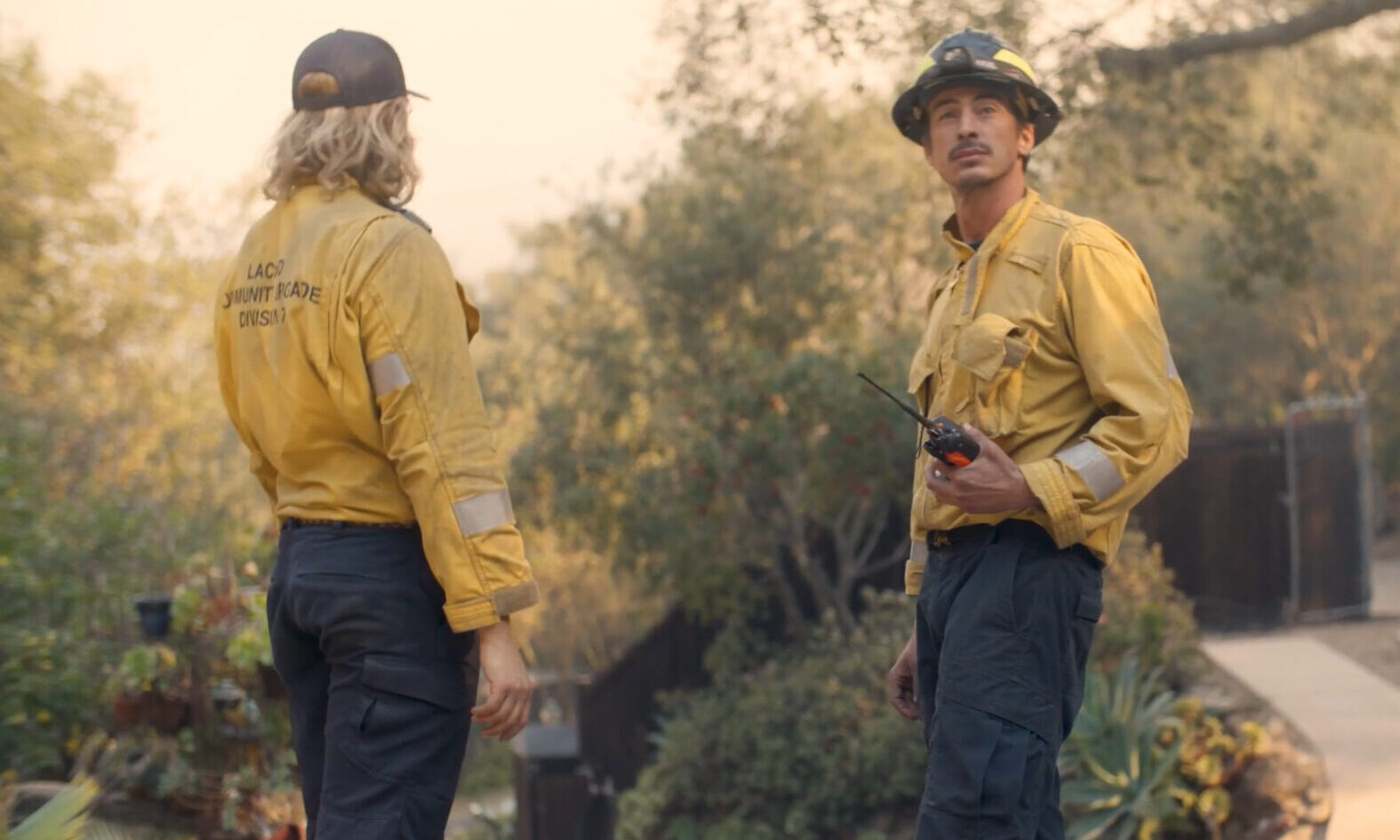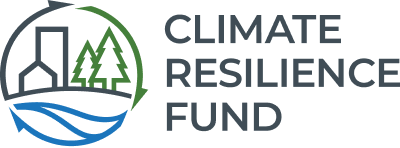WRF Network-Wide Meeting: Expert Advice on Effective Wildfire Communications

The most recent network-wide meeting of the Wildfire Resilience Funders covered the challenges that arise when trying to communicate about wildfire issues. And three esteemed panelists offered their insights and advice. As someone who has spent significant time on this topic, it was a true pleasure to have the opportunity to moderate this conversation. Here are my top three takeaways.
1. Understand and address the biases that cause people to underprepare for wildfire
Robert Meyer, Professor of Marketing at the Wharton School at The University of Pennsylvania began the conversation by speaking to his longstanding interest in the reasons people take action, or as the case may be, fail to take action, in advance of disasters. He referred to his book, The Ostrich Paradox, where, along with his co-author, the late Howard Kunreuther, he identified six biases that can cause individuals, as well as communities and organizations, to underprepare for low-probability, high-consequence events such as wildfires. In his comments, he emphasized that once these biases have been recognized they can be overcome. As one example, he spoke to the bias of simplification, which can be overcome by giving people actions in order of importance rather than risk overwhelming them with long lists. For those who are not yet familiar with this work, I highly recommend this brief overview of the book referenced above.
2. Use storytelling to build personal connections and reshape the narrative around wildfire
3. Engage policymakers with clear and consistent communications that convey both the support of the public and the potential for positive impacts
Jennee Kuang, Senior Program Officer for Wildfire Strategies at the Resources Legacy Fund, shared some of the early findings from research her organization commissioned to help build the field of wildfire communications, especially with regard to engaging policymakers. Jennee noted that some of the early findings flagged that communications around wildfire have been fragmented, often failing to effectively convey the high level of public interest as well as the promising opportunities for positive impacts. WRF will share the full findings of this report with the network once it is complete.
If you are not yet a member or affiliate of WRF and want to be, apply now and receive the network newsletter, as well as other relevant wildfire resilience content. In addition, grantmaking members of WRF may access recordings of webinars, and much more, via the password-protected member portal.
Many thanks again to our three panelists.
